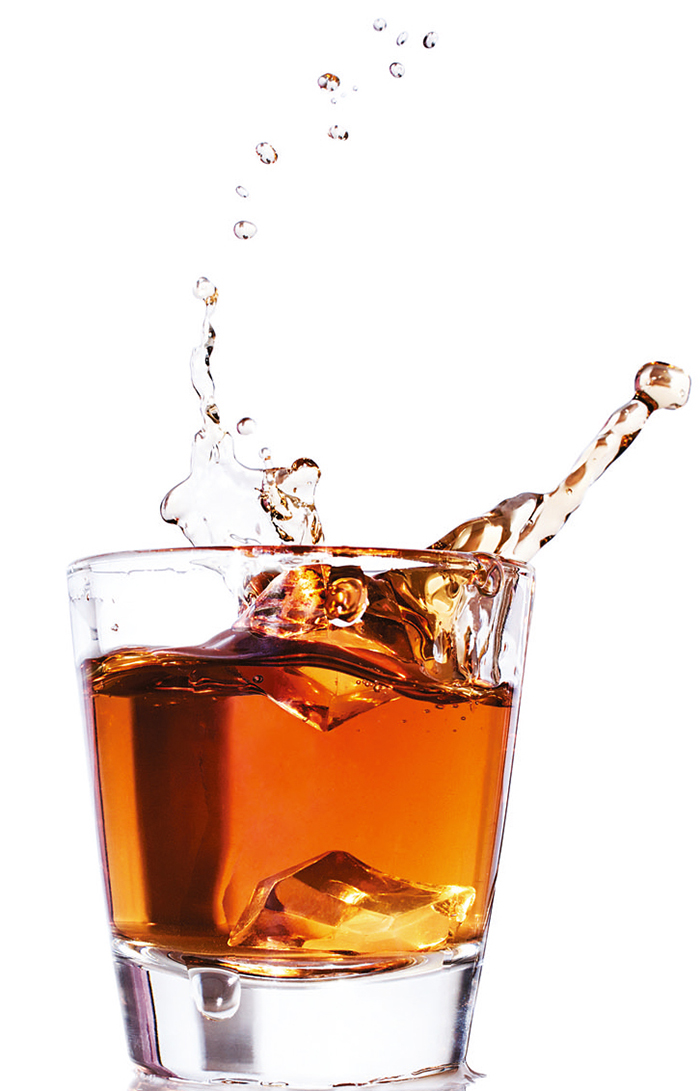In-depth

NPA viewpoint: drink responsibly
In In-depth
Bookmark
Record learning outcomes
For many people, alcohol plays a role in the Christmas and New Year festivities. But excessive consumption can create problems, which is where pharmacy has a role to play, says the NPA
 Excessive alcohol consumption can create problems for individuals, families, communities and health and social care systems. Pharmacy teams are well placed to offer opportunistic advice to patients and customers on increased alcohol intake and make brief interventions to reduce excessive alcohol use where necessary.
Excessive alcohol consumption can create problems for individuals, families, communities and health and social care systems. Pharmacy teams are well placed to offer opportunistic advice to patients and customers on increased alcohol intake and make brief interventions to reduce excessive alcohol use where necessary.
To support pharmacy teams in initiating conversations around alcohol use and its effects on health, the NPA has produced a suite of scratch cards to help start these conversations in a non-intrusive and non-judgemental way. As well as the dangers of increased alcohol intake, there are a number of drugs which interact with alcohol.
Pharmacy teams can refresh their knowledge using the information below. Whilst this list is not exhaustive, it provides examples of the more common drugs that can interact with alcohol:
- Metronidazole – advise patients not to drink alcohol while taking metronidazole orally and for at least 48 hours afterwards
- Warfarin – binge drinking a large quantity of alcohol may inhibit the metabolism of warfarin and increase INR levels. However, long-term heavy drinking can induce warfarin metabolism
- Paracetamol – in chronic or heavy drinkers, alcohol may induce the enzymes that convert paracetamol to its hepatotoxic metabolite. Some studies indicate that heavy drinkers may be at increased risk of liver damage even after moderate doses of paracetamol
- Verapamil – alcohol levels in the blood may be increased for a longer period of time than usual in patients taking verapamil, as it delays the elimination of alcohol and may prolong the feeling of intoxication. Patients should be warned that they may be over the driving limit for longer than usual after drinking alcohol
- Phenytoin and carbamazepine – moderate or occasional drinking appears to have little or no effect on serum phenytoin and carbamazepine levels whereas chronic heavy drinking reduces serum phenytoin levels, so higher doses of phenytoin may be required. The metabolism of carbamazepine may be increased by heavy drinking
- Other antibiotics – alcohol should not be taken with certain antibiotics, such as ketoconazole and griseofulvin as patients may develop a disulfiram-like reaction.
Remember, NPA members have access to a range of promotional materials to support various pharmacy services, including advice on alcohol. Members can access materials such as social media updates, template press columns and scratch cards here.
And don’t forget, every January a campaign called Dry January is organised by Alcohol Concern – a perfect opportunity to get involved!
